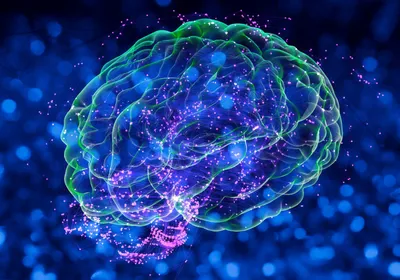 PIXABAY, BRIEFKASTEN2
PIXABAY, BRIEFKASTEN2
Using functional magnetic resonance imaging (fMRI), researchers demonstrated that six-month-old infants previously identified as high risk for autism spectrum disorder (ASD) displayed brain activity patterns that predicted their future diagnosis with the condition, according to a report published today (June 7) in Science Translational Medicine.
In a collaborative effort, scientists at the University of North Carolina at Chapel Hill and Washington University School of Medicine scanned the brains of 59 sleeping infants using fMRI—a non-invasive imaging technique that picks up on changes in brain function based on fluctuations in blood flow throughout the brain. The babies included in the study had siblings already diagnosed with ASD. According to Spectrum, infants with older ASD siblings have “about a 20-fold increase in autism risk compared with the general population.”
When the kids in the study reached two years of age, the researchers assessed their sociability, language and ...




















